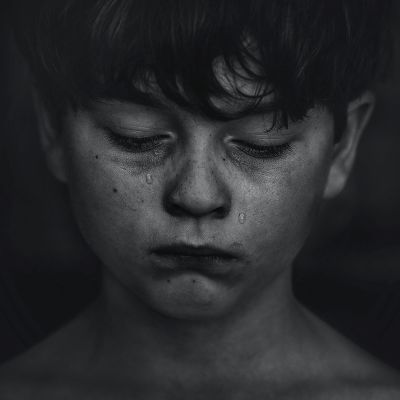Handling child-on-child sexual misconduct

In many ways, inappropriate behavior between children is more of a common danger than abuse of children by adults. This can look like an older child exploiting a younger child, or children engaging in misconduct that may or may not be consensual but is certainly harmful. Child-on-child misconduct can take place at school, at church, and in the home. Cases that involve incest are some of the most complex.
If there has been a report of sexual misconduct by children, some suggest that the parents handle it. This is a mistake for several reasons. First, child abuse reporting laws may be triggered. Second, unless they are experts, most parents are not equipped to deal well with child-on-child abuse without outside help. The common response to “talk” to the offending child and “explain” that the behavior is bad does not usually “solve the problem.” Instead, what often happens in that case is the abuse stops temporarily. But it may go underground. Or the abuse may surface in a much more serious or addictive form sometime later. Because of this, the children involved, both the perpetrator and the victim, will need a professional to interview them and professional care, such as specialized counseling. If an untrained person discusses situations like these with children, it may cause significant harm to the child.
A ministry will first need to consider, maybe with legal counsel, whether a report is required and would help the children involved. If a report is needed, it is best if the parents can make the report together with the organization. A safety plan should be put in place immediately to protect children and not allow any unsafe access. A safety plan can be as simple as suspending a child from Sunday School or as complex as a parent moving out with one child to separate siblings. If Child Protective Services (CPS) believes the children involved are safe, it is less likely to take drastic action like removing children from the home. Remember, even if the parents don’t want to report, other adults must follow the law.
Child-on-child abuse is difficult to address, but the good news is that if the children involved receive prompt therapy and active treatment, both the perpetrator and the victim can avoid life-long trauma. Even for juvenile sex offenders, excellent specific treatment exists, and the prognosis is hopeful. Remember, if juvenile charges are filed, parents need to work with a knowledgeable attorney who will negotiate for treatment and appropriate sentencing (such as a deferred sentence pending treatment).
Professional evaluations can also be helpful. Sometimes the ministry or parents honestly do not know if the behavior happened. Perhaps the older child denies it. Perhaps the child reporting the incident is not reliable. Perhaps CPS drops the case as unfounded. Often, in these situations, the agencies involved will not give the ministry any information. Professional evaluations can give information about whether a child has suffered trauma or has characteristics of a juvenile sex offender. They can advise as to an effective treatment plan and child safety plan.
If the misconduct happens in a context where other children may have been harmed, it may be necessary to share some information with other parents. However, a ministry must be very careful about sharing information about another minor, even as a perpetrator.
Instead, it may be appropriate to provide more general information. If something occurred in a nursery room, parents whose children attended can be notified that there was a concern about inappropriate touching between one child and others. If a teen is alleged to have acted inappropriately, the ministry may be able to have a meeting with possible stakeholders (such as parents in the church) and let them know that there has been an allegation about a teen boy and a young girl. In both cases, parents can be given some information about how to ask their children questions in a general and non-leading way, and how to report if anything comes up in the conversation. Typically, safety measures can be taken without over-sharing details.
Any time there are announcements in a ministry about abuse, the watch word is to be “trauma-informed.” Statistically, there will be people in the ministry who have been abused. The situation may retrigger those memories and cause an emotional crisis. Because of this, it is wise to have some kind of pastoral or counseling care available for people, even if they are not directly involved in the event.
In summary, allegations of child-on-child misconduct create a significant crisis in a family or ministry. Professional expertise is needed not just to assess what may have happened, but also to assess the legal requirements and what should be done for follow-up. This will include therapy and counseling for victims and for juvenile perpetrators. And it will include managing communication in a way that protects children and minors, and plans for the possibility of emotional crises within the organization.
Theresa Lynn Sidebotham is the founder of Telios Law, PLLC. She assists organizations in the U.S. and internationally, with a special focus on employment law, religious and nonprofit law, and child safety. She also advises on and conducts numerous misconduct investigations.




























